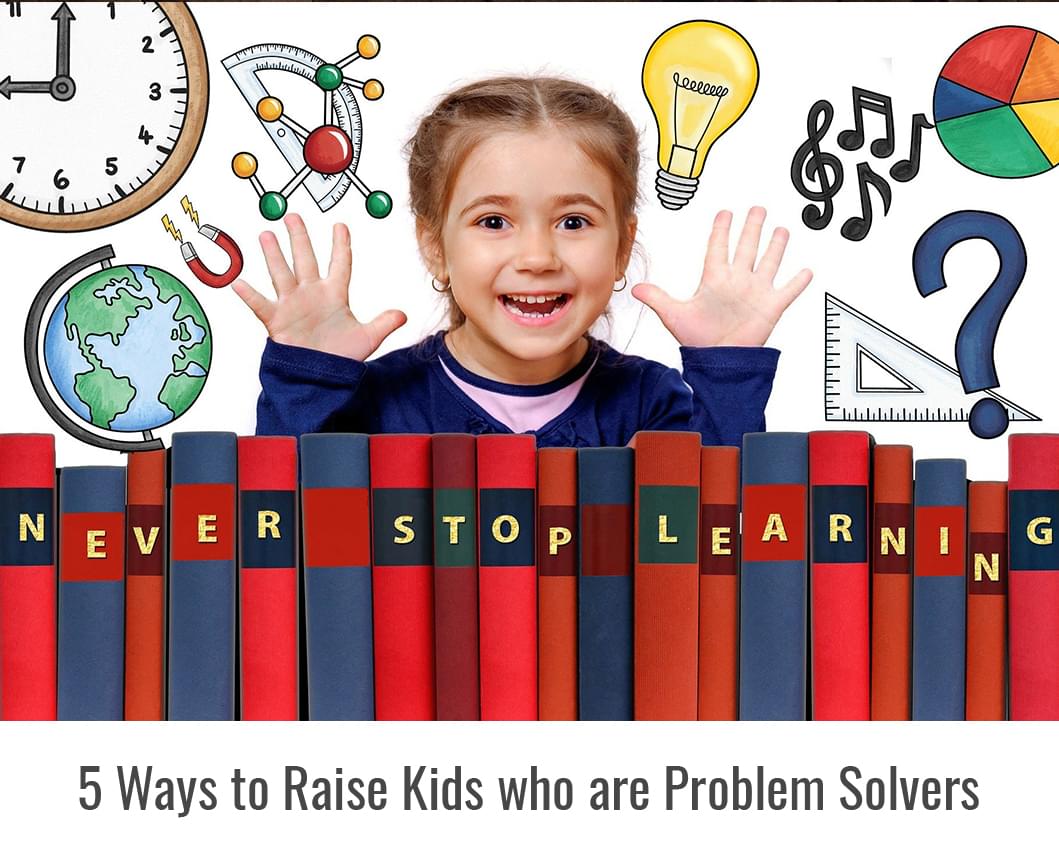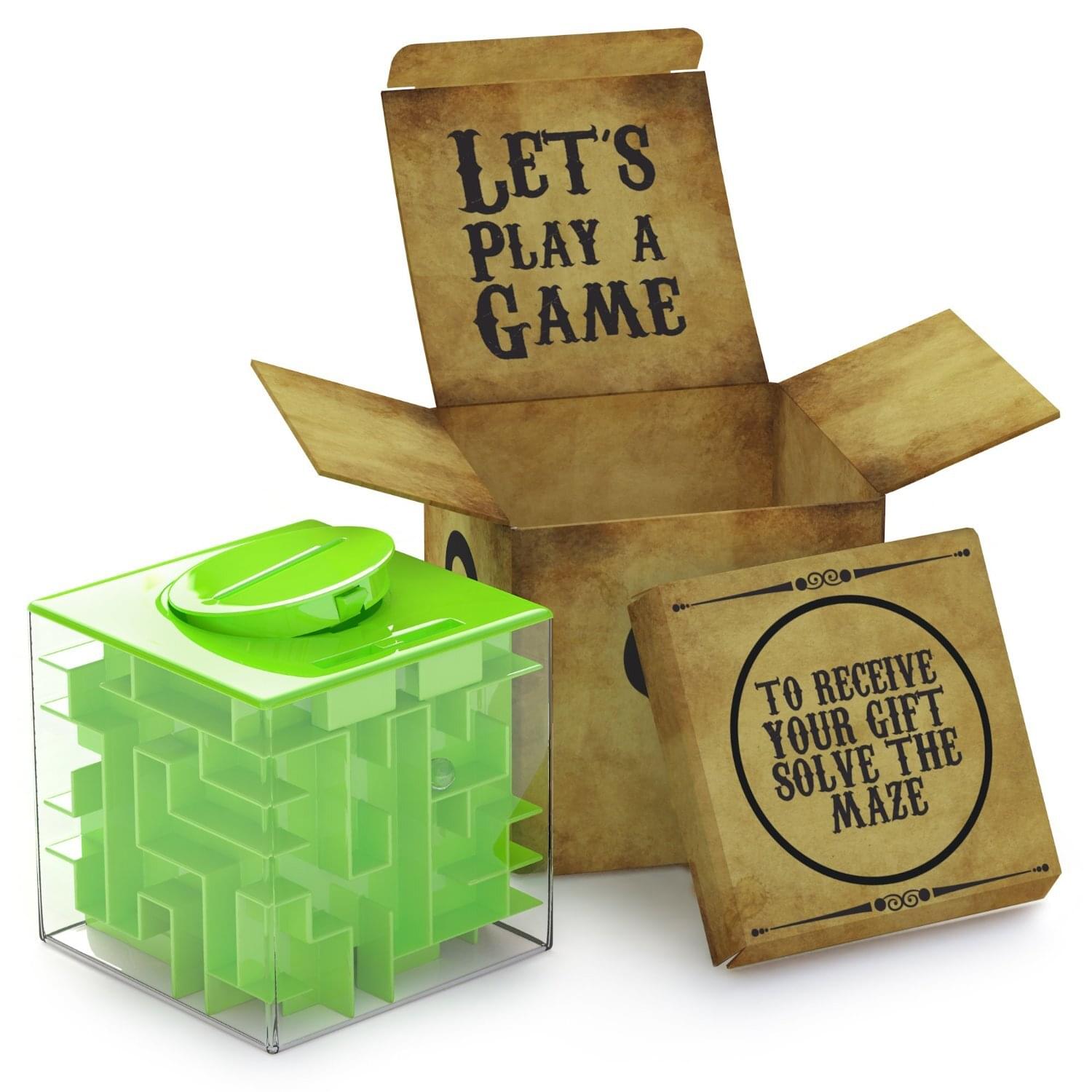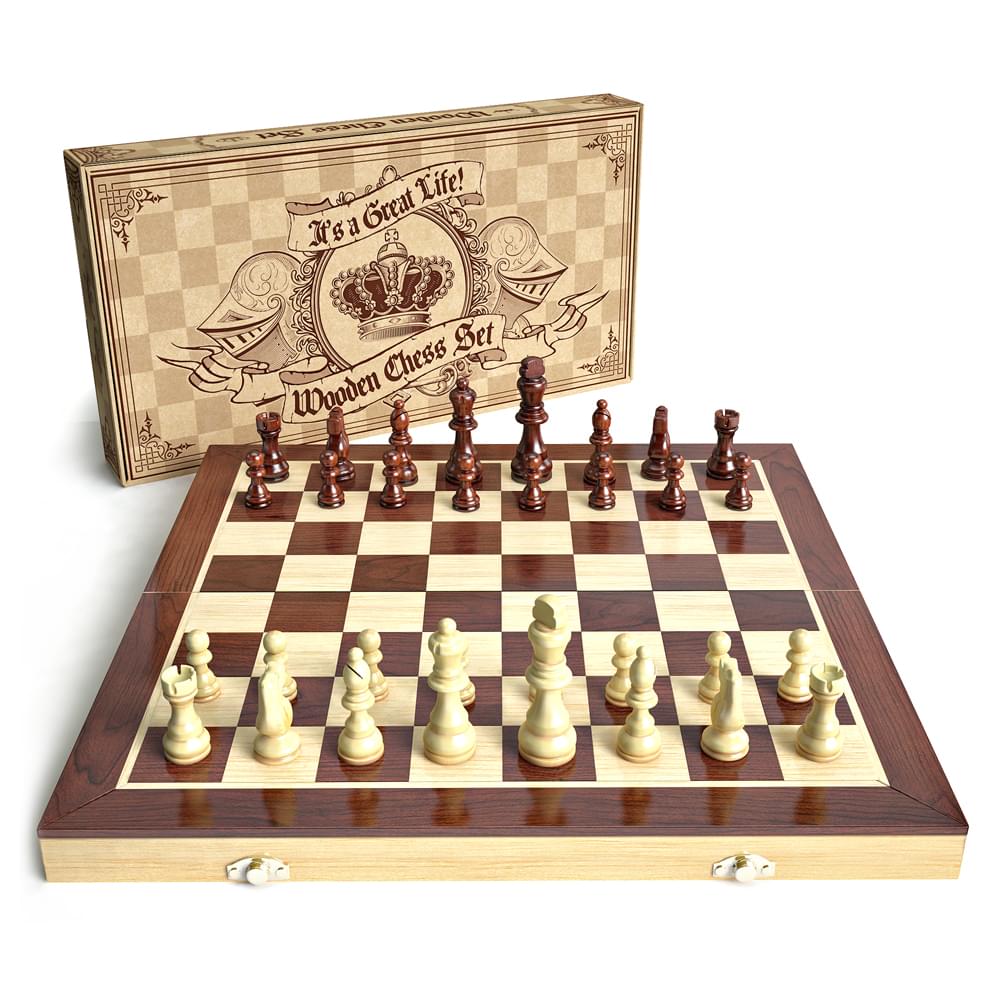
Before reading through this article, take your time to sit down and analyze your child’s behavior. Can you tell what kind of a thinker he is? Does he believe everything he reads or sees on TV? Does he always figure out how to get what he wants?
There are many ways parents can help keep their children’s minds active in fun ways. Although critical thinking skills don’t fully develop until adolescence, you can develop the foundations for good thinking while they are still young.
Here are some parenting tips you can apply to raising kids who are problem solvers
1. Help your child in developing strategies
Is your child having a hard time working on his homework? Is he stuck in choosing between a soccer game and a friend’s birthday party? Hold off your ideas and solutions just yet and encourage your child to make a decision. Ask your child to think what he believes would be a good fix.
If she’s stumped, encourage her to consider whether a friend might have the same homework assignment or to figure out how long it takes to get from the party place to the soccer field.
2. Invest in books that have cliff-hanger finales
Stories with an ambiguous ending may inspire kids to analyze more than ones that have an expected conclusion, says Dr. Flint. Read these books with your child and don’t hesitate to initiate a quick discussion with him about what you’ve read. Ask him if there are any clues that hint what might have happened.
Book series like Harry Potter would be a good choice for this.
3. Expand your child’s thought process
Help your child learn about diverse opinions by reading articles with pros and cons in it. During family gatherings, ask for your child’s opinions about stuff he relates to like dress code in school or choosing toys.
4. Discuss the news
“Current events are a natural way to engage your kid in a conversation that can easily go beyond the “yes” or “no” responses he tends to give at this age,” said Kitty Rotella, Ed.D., principal of St. Mark’s Episcopal School in Fort Lauderdale.
Visit websites that publish children related news articles and encourage discussion after reading it.
5. Reflect with your children
Encouraging your child to critic or think outside the box after building his stack of Lego is a good habit to form critical thinking. Ask him what he feels about what he’s done, what are the things he could still do, or if he had to do it in another way, what would he do.
THESE ARE JUST 5 HABIT FORMING TIPS TO IMPROVE YOUR CHILD’S CRITICAL THINKING. WE WOULD LOVE TO HEAR YOUR THOUGHTS! COMMENT BELOW.

Get updated on the latest deals and discounts
Our Top Products:




Do you want to try our products for free? CLICK HERE

